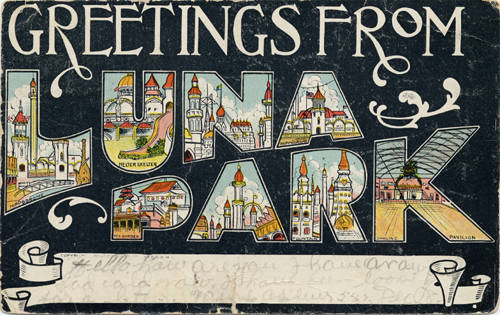by Jessica Purkis
Recently, I had the chance to catch up with Bergis Jules, the University and Political Papers Archivist at the University of California, Riverside. Bergis manages UC Riverside’s institutional records, political papers collections, and African American collections. While …

